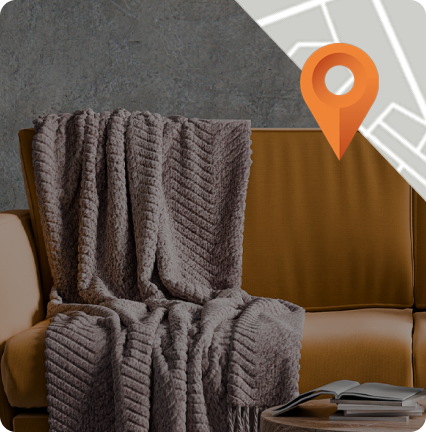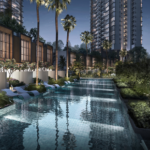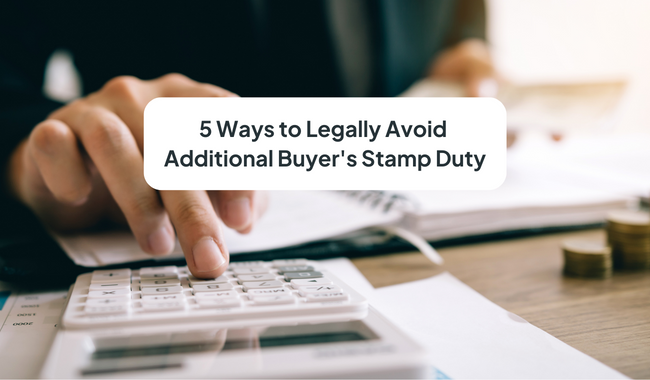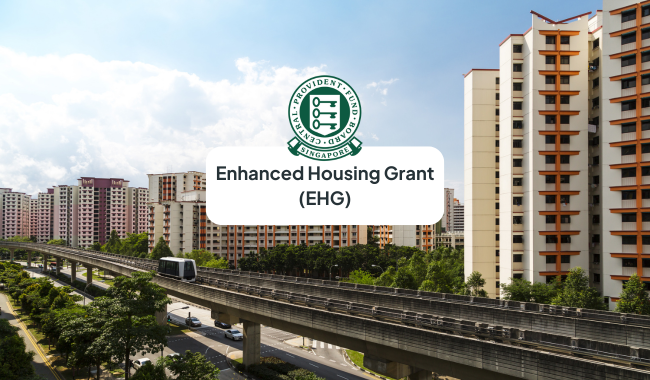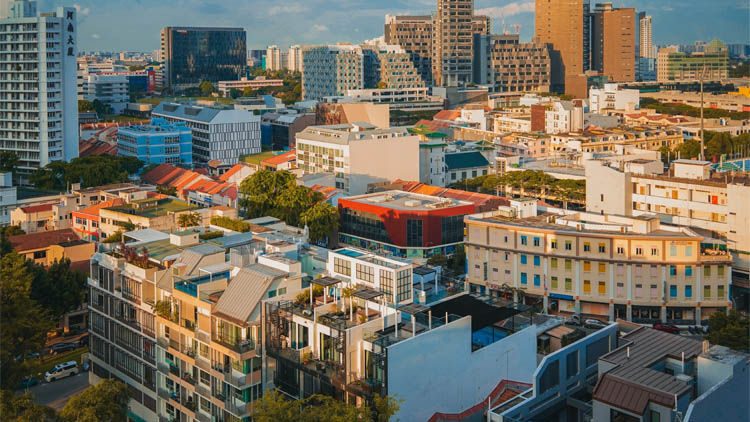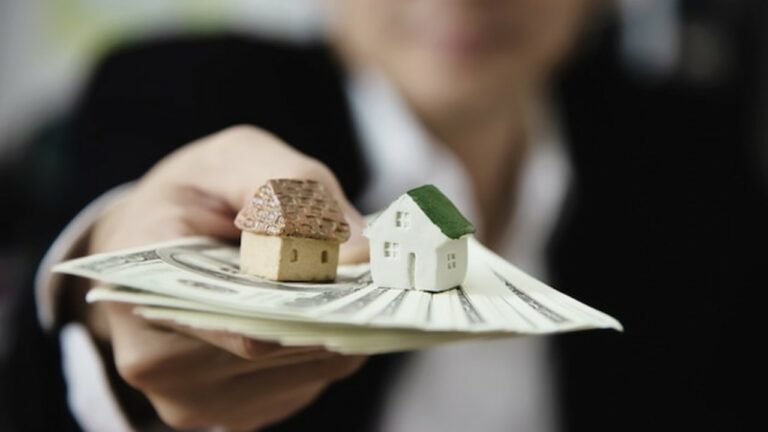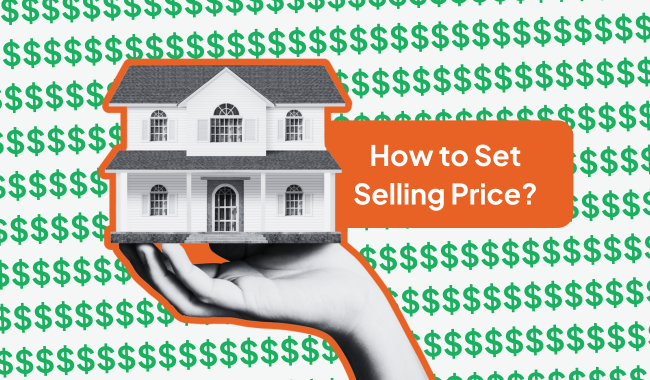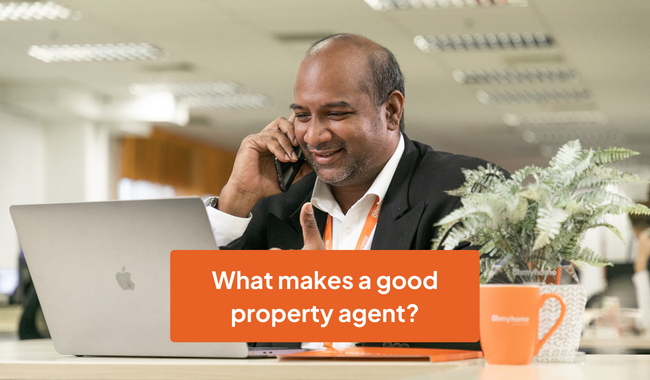Editor’s Note: This post was originally published in November 2022 and has been completely revamped and updated to reflect the changes made to the ABSD rates as announced by the government on 26 April 2023.
We’ve talked about the Buyer’s Stamp Duty (BSD) and Additional Buyer’s Stamp Duty (ABSD) before in this article. Now, we delve in the ways homeowners and investors who are looking to get their second property can legally avoid paying ABSD.
Before we begin, here’s a quick recap of what ABSD in Singapore entails:
ABSD Savings Methods
These new ABSD Rates will apply to cases where the OTP is granted from 27 Apr onwards:
| Citizen | Buying 1st Residential Property | Buying 2nd Residential Property | Buying 3rd and Subsequent Residential Property |
|---|---|---|---|
| Singapore Citizen (SC) | 0% (no change) | 20% (up from 17%) | 30% (up from 25%) |
| Singapore Permanent Resident (SPR) | 5% (no change) | 30% (up from 25%) | 35% (up from 30%) |
| Foreigners buying any residential properties | 60% (up from 30%) | 60% (up from 30%) | 60% (up from 30%) |
| Entities buying any residential properties | 65% (up from 35%) | 65% (up from 35%) | 65% (up from 35%) |
As you can see, a $1 million second property would actually cost you an extra $200,000 (if you are a Singapore citizen). That is not a trivial sum. As such, many savvy buyers will find ways and means to skirt this heavy expense. Here, we explore a few ways to do it legally.
1. Decoupling (Transfer of Ownership)
One of the most talked about methods to dodging ABSD, decoupling is when Spouse A transfers their share of the property to Spouse B, then buys a second property under their own name. Spouse A does not have to pay ABSD to purchase the second property since having transferred their share, there will be no properties in their name.
Before you jump the gun, we have to caution you that transferring your property share comes with a cost. If you transfer your share to your spouse, your spouse has to pay the Buyers’ Stamp Duty (BSD).
If you are selling the property within the first three years of buying, you will also have to pay for Sellers Stamp Duty (SSD). Along with the conveyancing fees ranging from $5,500 to $6,500.
When decoupling, you also need to calculate if you or your spouse can handle the new mortgage as a sole owner. If you’re using your CPF, you will need to return your CPF monies, including accrued interest, to your CPF account.
However, this is only applicable to Private Property Owners.
You can read this article where we talk more about decoupling in-depth.
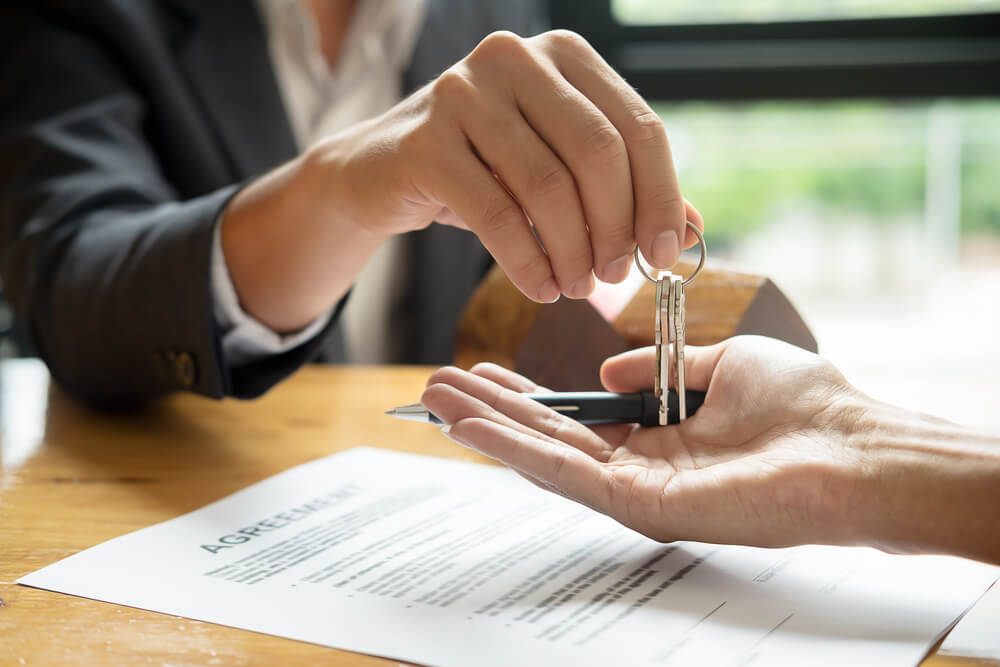
2. Buy under Trust
Now, this strategy is more of a “pay first, claim back later” approach — you’ll still have to pay the ABSD, but you may be able to get it back.
Those with children may opt to buy their second property under Trust for their kids. However, we’ve mentioned the perils of doing so in an earlier article. As of May this year, it was ruled that there would be 65% ABSD payable on the transfer of any residential property to a living Trust from 9 May 2022 onwards.
Your children will consequently be unable to apply for a HDB flat, and will be subject to ABSD should they acquire their own property. There are also no bank loans for properties bought in Trust, so you will have to be able to afford the property in cash.
While it is possible to apply for an ABSD refund, you will need to adhere to the following:
- The residential property is held on Trust for identifiable individual beneficiaries only
- ABSD (Trust) of 65% has been paid
- The application is made within 6 months after the date of execution of the instrument
Hence, make sure your conveyancing lawyer drafts your trust document such that it fulfils the required conditions for the ABSD refund or you could end up painfully losing that 65%.
3. Go the commercial route
Good news! Commercial properties aren’t subject to ABSD! They also typically command higher rental yields. So consider getting a commercial property if you want to acquire a second property purely for investment purposes. However, these properties tend to cost more than their residential counterparts and require more cash outlay, plus a 8% GST charge. You can weigh the pros and cons, but it is a viable option, if you have adequate finances for it.
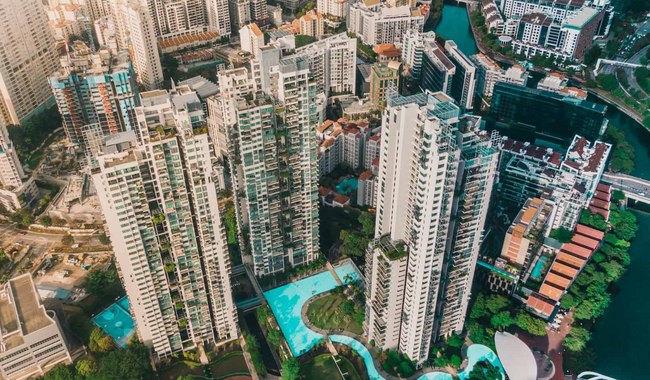
4. Dual-key unit
We covered dual-key units here, but just to recap, owning a dual-key unit is like owning two adjacent homes for the price of one. As it’s considered as one property, there is no ABSD involved.
The main unit and sub-unit share a common foyer and possibly common facilities like the kitchen and bathrooms but have separate living spaces.
That being said, this ingenious layout appeals to homeowners who can choose to rent out one of the units while maintaining their own privacy, as well as investors who can rent out both units to two different tenants.
5. Sole owner
You can list either you or your spouse as an essential occupier instead of co-applicant or co-owner. This requires a bit of pre-planning as you will have to do this during the HDB flat application. The essential owner can then purchase a private property sans ABSD after the 5-year Minimum Occupation Period as they will be considered a first-time homeowner. You will also qualify for a higher loan of 75% loan-to-value (LTV) limit versus the 55% as a second-timer.
However, you may want to take note that essential occupiers cannot use their CPF to help pay for the first flat, down payment or even monthly instalments. While you can use cash to help your spouse out, you should ensure the main applicant has sufficient CPF funds for the down payment. Also, in the event of a fallout or a nasty divorce, the essential occupier has no legal ownership over the unit, even if they have paid for a large part of it in cash.
Does avoiding ABSD always save money?
That depends on your personal and financial circumstances and if you do it legally. Let us connect you with a professional to help you out with your finances: fill up this form or drop us a message on WhatsApp or via our Live Chat, which you can find at the bottom, right-hand corner of the screen.






